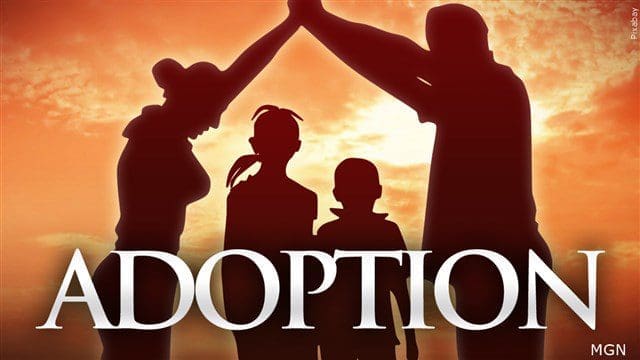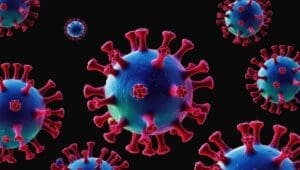Topeka, KS- Data released today by the Kansas Department for Children and Families (DCF) shows that under Governor Laura Kelly’s Administration, statewide adoption numbers are up more than 35% compared to the Brownback and Colyer Administrations. This increase is credited to initiatives that expand training, resources, and awareness for foster care staff and prospective adoptive families.
“My administration is doing everything we can to make it easier for Kansas families to provide a loving, stable home to children who need one,” Governor Laura Kelly said. “By providing vital resources for families and deepening relationships with our providers, we’re making it possible for more Kansas children to be adopted. I couldn’t be prouder of these numbers.”
From 2011 to 2018, the average number of adoptions in the state sat around 730. However, under the Kelly Administration, close to 1,000 children on average are being adopted each year.
The increase in adoptions has contributed to the 17% decrease in the number of children in the Kansas foster care system under the Kelly Administration.
Adoption Numbers by the Years, 2011-2022
| 2011 | 761 adoptions | 2017 | 758 adoptions |
| 2012 | 777 adoptions | 2018 | 766 adoptions |
| 2013 | 620 adoptions | 2019 | 1,210 adoptions |
| 2014 | 666 adoptions | 2020 | 998 adoptions |
| 2015 | 765 adoptions | 2021 | 846 adoptions |
| 2016 | 755 adoptions | 2022 | 948 adoptions |
DCF created Adoption Accelerator positions in 2019 and expanded them in 2022 to identify, track, and monitor youth who experience barriers to adoption. These specialized staff conduct home studies, share resources for completing adoption procedures, and aid case management teams to support adoption finalization.
“We have removed barriers in the adoption process for children with special needs by updating policies and growing eligibility,” DCF Secretary Laura Howard said. “The adoption assistance and subsidies available for families who are trying to adopt children with special needs are vital.”
DCF also recently revised adoption subsidy policies for children who are on Technology Assistance waivers and Intellectual/Developmental Disability (I/DD) waivers and need specialized medical care. These children are eligible for monthly subsidies designed to ensure their families can continue to support their specialized needs.
“Over the past three years, we have also grown our partnerships in the community,” Howard added. “DCF’s partnership with The Kansas Post Adoption Resource Center is important as adoptive and kinship families often find the need for support grows in the years after adoptions are finalized.”
DCF has worked to bring together different partners to take a systemic, all-hands-on-deck approach to preparing families to meet the needs of children in foster care. Partners include the Kansas Post Adoption Resource Center (K-PARC), which supports families who have adopted children or who are providing permanent care because of a kinship placement; Adopt Kansas Kids; and the four Child Welfare Case Management Providers.
Individuals who are interested in adoption can learn more from Adopt Kansas Kids. The program raises awareness about the need for adoptive families for children currently in foster care as well as educating potential families and connecting them with more information. Discover more at www.adoptKSkids.org.













